Our eating habits can heavily influence not just our physical health, but our mental health too. Additionally, how much we eat is equally important as what we eat. If you are someone who tends to undereat in order to lose weight and be “more healthy”, then a few self checks can help you a lot.
Key Points:
- Eating habits can cause or intensify mental health symptoms.
- Dehydration can also bring on symptoms consistent with mental health diagnoses.
- Like medical conditions, nutrition can affect mental health symptoms and healing.
People often believe they have mental health conditions such as depression, anxiety, bipolar, borderline, and attention-deficit/hyperactivity disorder (ADHD). But the real culprit can be their food.
After 15+ years as an eating and body image specialist therapist, I’ve met many people whose symptoms (hyper-irritability, sadness, anger, mood swings, etc.) greatly improved or even disappeared once they found their best ways to nourish their bodies. Sometimes their original diagnoses even no longer applied. I remember originally feeling surprised by how much our eating habits could contribute to mental health symptoms.
Related: 5 Bad Health Habits All Girls Are Guilty of And What to Do With Them
History Speaking for Itself
I mentioned this topic to my colleague, Beth Harrell, a registered dietitian. She reminded me of a time when many of us probably experienced unwanted mental health symptoms from our eating habits. “Your brain is about 60 percent fat, and back in the fat-free era, people weren’t making hormones to keep their moods stable.”
Since then, research has repeatedly shown us that fat-free and low-fat diets can make people angry, depressed, or both. (Yet it was a “health” trend!)
Back in the 1940s, the Minnesota Starvation Experiment provided us with a lot of information about undereating, which can also be referred to as modern-day “dieting.”
Quick synopsis: In the 1940s, male subjects were studied regarding the effects of cutting their calories by slightly less than half for six months for a daily total of 1570 kcal. Researchers documented a laundry list of changes and symptoms during that semistarvation period.
Six examples follow:
- Feelings of exhilaration followed by low periods
- Sense of apathy
- Loss of libido
- Narrowing of interests
- Nervousness
- Inability to concentrate
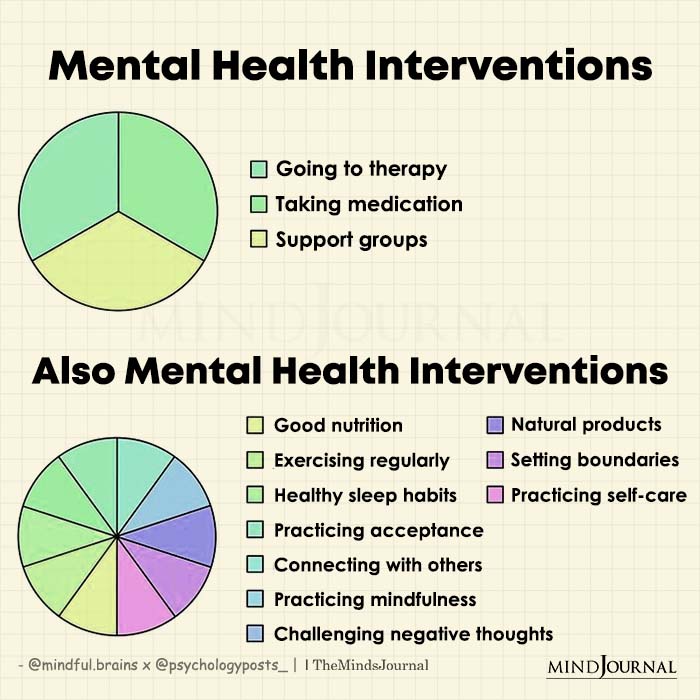
Take the list above. Imagine you’re experiencing, for example, exhilaration followed by low periods. You may wonder about bipolar, right? What if you’re instead dealing with a combination of the following: an onset of apathy, loss of libido, and narrowing of interests? That could indicate depression. Maybe you’re exhibiting nervousness, which is often how people describe anxiety. Or perhaps you can’t concentrate, a key feature of ADHD.
If you didn’t realize that your undereating could cause those symptoms, you might believe you have a mental illness. (With all the information available on Google and social media, it’s hard not to self-diagnose, right?) Yet, in the case of undereating, correcting your food might partially or fully fix your unwanted symptoms.
But when and why would we undereat nowadays? Well, there’s food scarcity and unaffordability that affect many. Also, a frequent piece of medical advice is to lose weight “for your health.” So you cut way back on your calories.
Related: Eating Disorders
2 Self Checks That May Improve Your Mental Health
At this point, science verifies a relationship between what we eat and our mental health. However, contrary to how it’s presented online or in the media, more research is needed to confirm specific foods as healing agents, meaning specific “food-medicine” for a particular mental health symptom.
So getting to basics maybe anyone’s best bet for feeling mentally well (or at least well”er”).
1. Check your eating frequency and balance.
For example, we know that a lack of food for a duration of time can cause “hanger.” For consistent mood and energy, registered dietitian Matt Stranberg suggests that we start with the “rule of threes”.
Aim to consume three balanced meals each day, one to three snacks each day, and no more than 3-4 hours between meals and snacks. Be sure to include all components at meals (i.e., starches, proteins, fats, fruits and/or vegetables, and at least 8 oz. of fluid).
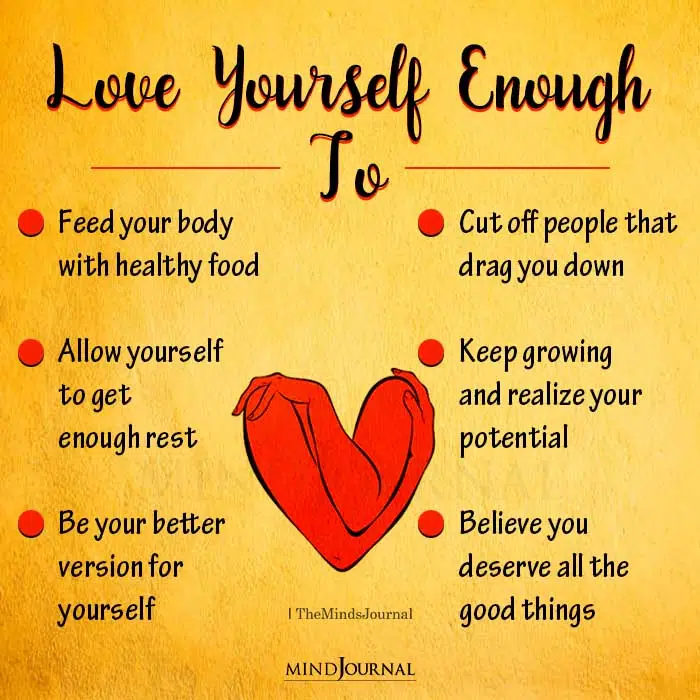
2. Check your fluid intake.
Are you drinking enough for you? Matt reminds us that dehydration affects so much: “cognition, mood, energy levels, feelings of well-being, feelings of anxiety, depression, fatigue, and so on. Being dehydrated by just 2% significantly impairs performance in tasks that require attention, psychomotor, and immediate memory skills, as well as assessment of the subjective state.”
With that in mind, insufficient hydration may account for some symptoms of attentional (e.g., ADHD), mood, and anxiety disorders. (Please note that drinking too much water is also possible, especially if you have certain medical conditions.)
I’ve heard people say, “If I ate what’s recommended, I’d be this or that size.” If you’re someone who says things like this, I get it. Diet culture shoves ideals at us about “health,” and it’s hard to know what actually is right for you.
I ask you this with respect: Have you tested your beliefs about the rule of threes? If not, they might be based on forecasts and fears. And those may be holding you back from feeling better and experiencing improved mental health.
Related: 4 Tips For Better Mental Health Through Nutrition
Warning
Some people take an article like this and get highly caught up in pursuing mental wellness through their nutrition. Yet their good intentions can go overboard, tipping into disordered eating or an eating disorder without realizing it. Instead, they’ll often believe they need to try harder to get the health, weight, healing, or mental health improvements they want.
In the book, MeaningFULL: 23 Life-Changing Stories of Conquering Dieting, Weight, & Body Image Issues, I offer a concept that might help you to assess if you or someone you know might have developed an eating disorder:
A person with an eating disorder seems unable to ‘normally’ eat. Their choices about food and exercise become ‘I have to’ or ‘I must;’ they cannot not do what they feel they need to do.
People who experience eating disorders usually develop additional mental health issues—some of which may be caused or made more intense by the food practices related to their illnesses.
In Conclusion
Experiencing mental health symptoms can be tiring, challenging, and even derailing. Trying the two self checks shared in this post may help you to self-advocate for your wellness. Both are free and might provide you with some aid and information.
We tend to accept that medical conditions can affect our mental health (e.g., anemia may trigger or amplify depressive symptoms). Yet it can be difficult to see our eating patterns in a similar way—especially with so much confusing information coming at us about what’s best for us nutritionally (e.g., fads, plans, programs, lifestyles). Nonetheless, our eating patterns may create or worsen unwanted symptoms or get in the way of relief.
Related: The Food Craving Guide: What You Crave For and What Your Body Actually Needs
If you’d like to explore these concepts more with a professional, try reaching out to a dietitian or a therapist who is well-trained in eating and body image issues. (That can mean that they’ve experienced thousands of hours of specialized practice and education.) Though both professionals differ in training and scope (what they’re allowed to do under their license), either might offer beneficial support.
Want to know more about how nutrition can affect mental health? Check this video out below!
References:
Adan, A. (2012). Cognitive performance and dehydration. Journal of the American College of Nutrition, 31(2), 71-78, DOI: 10.1080/07315724.2012.10720011 Franklin, J. C., & Schiele, B. C. (1948). Observations on human behavior in experimental semi-starvation and rehabilitation. Journal of Clinical Psychology, 4(1), 28–45. https://doi.org/10.1002/1097-4679(194801)4:1<28::aid-jclp2270040103>3.0… Grajek M., Krupa-Kotara K., Białek-Dratwa, A., Sobczyk, K., Grot, M., Kowalski, O., & Staśkiewicz, W. (2022). Nutrition and mental health: A review of current knowledge about the impact of diet on mental health. Frontiers in Nutrition, 9. doi 10.3389/fnut.2022.943998 https://www.frontiersin.org/articles/10.3389/fnut.2022.943998 Kamau, C. (2020, February 17). A low fat diet can make you angry, irritable and depressed: Why dietary fat contributes to good mental health [blog]. Psychology Today. https://www.psychologytoday.com/us/blog/the-science-mental-health/20200… Spotts-De Lazzer, A. (2021). MeaningFULL: 23 life-changing Stories of conquering dieting, weight, & body image issues. Unsolicited Press. Spotts-De Lazzer, A. (2022, July 22). Scientific proof that being hangry is real… and why some react to hunger with calm, not rage [blog]. Psychology Today. https://www.psychologytoday.com/us/blog/meaningfull/202207/scientific-p…
Written By Alli Spotts-De Lazzer Originally Appeared On Psychology Today
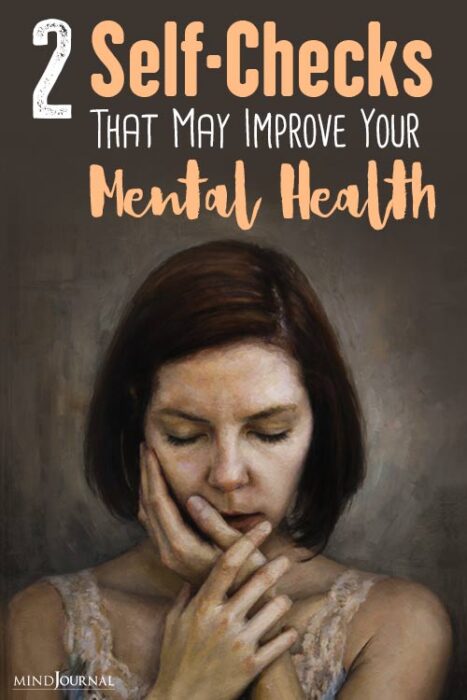
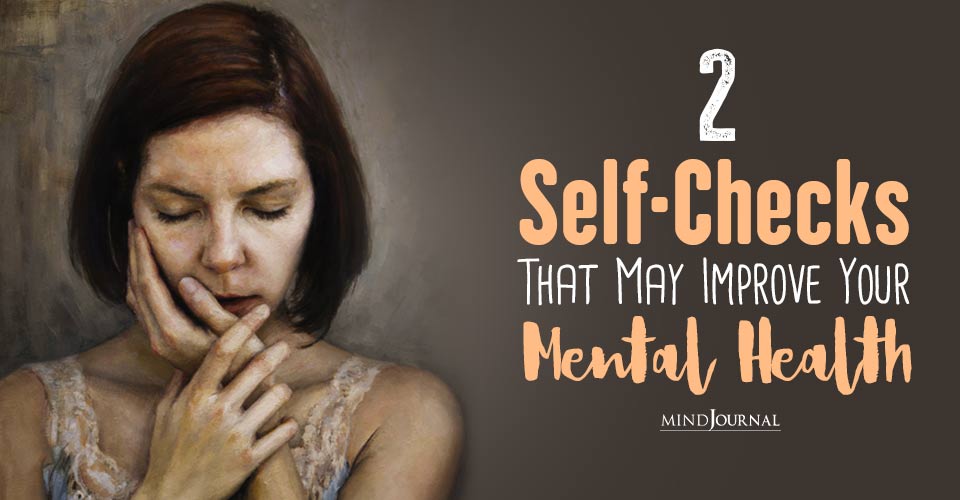

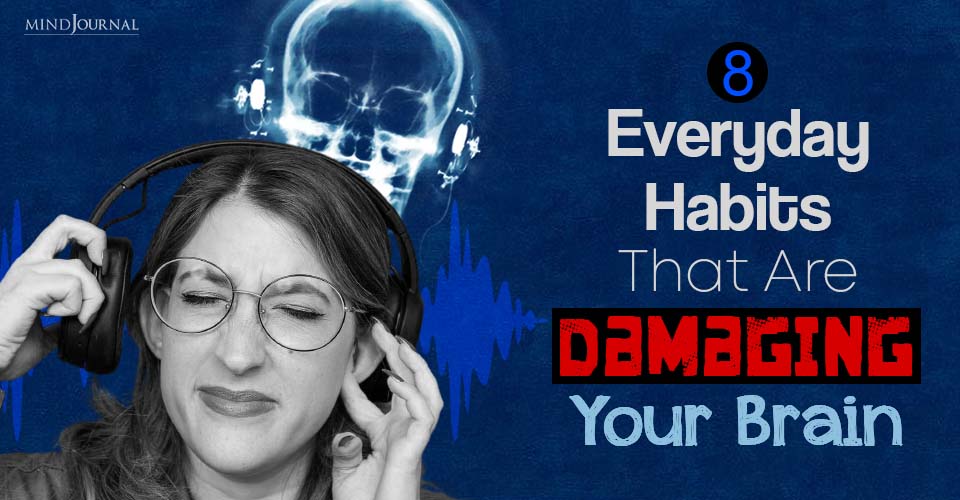



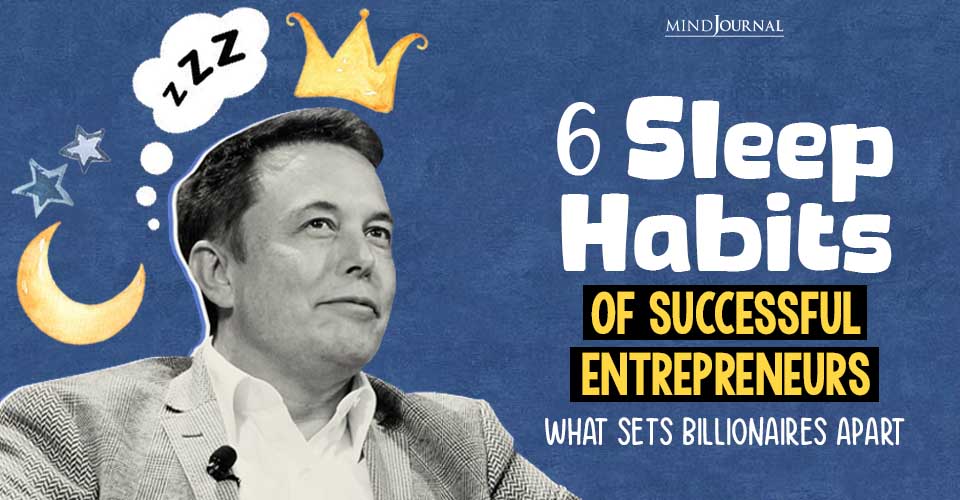

Leave a Reply
You must be logged in to post a comment.